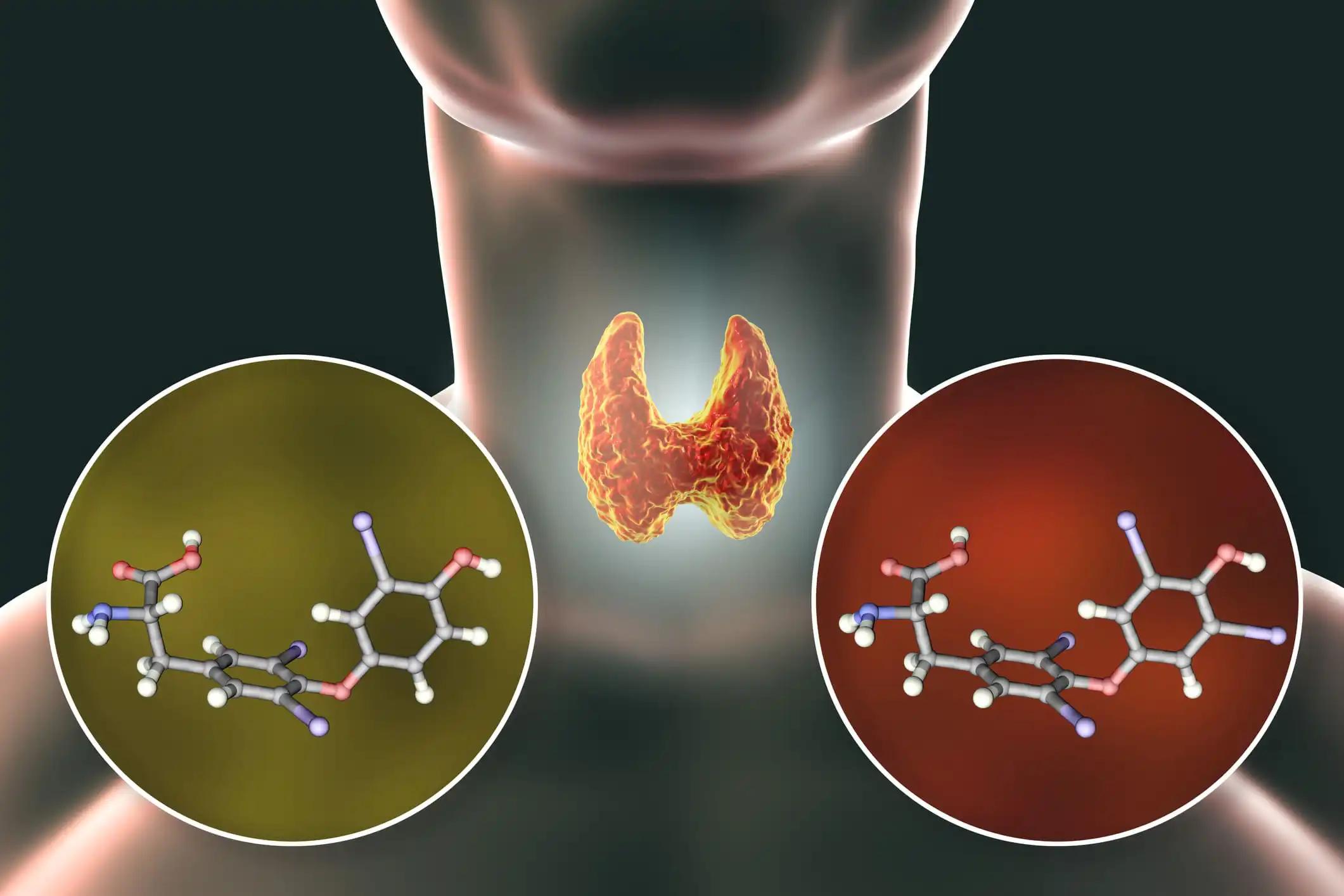KEY TAKEAWAYS
- The Phase 2 clinical trial RATIONALE-309 investigated the efficacy of tislelizumab in combination with GP for the first-line treatment of recurrent or metastatic nasopharyngeal carcinoma.
- The study’s primary aim was to assess the HRQoL of patients receiving tislelizumab + GP compared to placebo + GP.
- HRQoL was measured using the EORTC QLQ-C30 and QLQ H&N35, with mean changes from baseline to cycles 4 and 8.
- The study found that tislelizumab + GP significantly improved PFS, ORR, and DOR compared to placebo + GP.
- The subgroup analysis of patients with LM found that those receiving tislelizumab + GP had a more significant improvement in the QLQ-H&N35 symptoms index score.
- The study concludes that tislelizumab + GP may be a viable primary therapy alternative for individuals diagnosed with recurrent or metastatic nasopharyngeal carcinoma.
The clinical trial RATIONALE-309 (NCT03924986) demonstrated that the administration of tislelizumab in combination with gemcitabine and cisplatin (GP) resulted in a significant improvement in progression-free survival (PFS), objective response rate (ORR), and duration of response (DOR) when compared to the administration of placebo + GP in patients undergoing first-line treatment for recurrent or metastatic nasopharyngeal carcinoma. The study assessed the health-related quality of life (HRQoL) in the intent-to-treat (ITT) cohort. Additionally, a post-hoc analysis was conducted to scrutinize the HRQoL in the subgroup of patients with liver metastases (LM). Notably, LM is a detrimental prognostic factor for overall and cancer-specific survival in individuals with NPC. The randomized 1:1 double-blind Phase 3 study included eligible patients assigned to either Arm A, which received tislelizumab +GP, or Arm B, which received placebo +GP.
The patient’s HRQoL was assessed utilizing the European Organization for Research and Treatment of Cancer Quality of Life Questionnaire (EORTC QLQ-C30) in conjunction with the QLQ Head and Neck Cancer module (H&N35). The estimated mean changes from baseline to cycles 4 and 8 were determined using a linear mixed effects model for repeated measures. The Time to Deterioration (TTD) was evaluated by comparing the treatment groups through a stratified Cox proportional hazard model. Descriptive nominal p-values are reported for explanatory purposes. The ITT population comprised 263 randomized patients, with 131 in Arm A and 132 in Arm B. Among them, 43% were diagnosed with LM, with 56 in Arm A and 57 in Arm B. There were no discernible variations in the alteration from the baseline to cycle 4 among the ITT patients or LM subgroup. Arm A exhibited a more significant decrease from the initial value to cycle 8 compared to Arm B in QLQ-H&N35 pain score (-2.82 vs. -0.45, P=0.0117 for intent-to-treat population; -3.85 vs. -0.05, P=0.0092 for the limited-mobility subgroup) and sense score (-2.86 vs. -0.01 for intent-to-treat population; -6.16 vs. 1.03, P=0.0338 for the limited-mobility subgroup).
The LM subgroup exhibited a more significant improvement at cycle 8 in Arm A in the QLQ-H&N35 symptoms index score (-3.62 vs. -1.40, P=0.0580) and restrictions in speech (-2.43 vs. 0.41, P=0.0694). No significant variations in Time to Discharge (TTD) was noted. The cohort administered with tislelizumab +GP exhibited superior amelioration of symptoms in comparison to the cohort administered with placebo +GP. Patients diagnosed with LM exhibited a significant decrease in their overall symptomatology, including pain and sensory-related issues. In conjunction with enhanced survival rates and a satisfactory safety profile, the findings indicate that tislelizumab +GP may serve as a viable primary therapy alternative for individuals diagnosed with recurrent or metastatic nasopharyngeal carcinoma.
Source: https://oncologypro.esmo.org/meeting-resources/esmo-asia-congress/rationale-309-effects-of-tislelizumab-on-health-related-quality-of-life-hrqol-in-patients-with-recurrent-or-metastatic-nasopharyngeal-cancer-r
Clinical Trail:https://clinicaltrials.gov/ct2/show/NCT03924986
Y. Yang, J. Pan, N. Chen, Y. Wu, S. Leaw, F. Bai, Y. Wang, N. Zhao, B. Tang, G. Barnes/ 220O – RATIONALE-309: Effects of tislelizumab on health-related quality of life (HRQoL) in patients with recurrent or metastatic nasopharyngeal cancer (R/M NPC)/Annals of Oncology (2022) 33 (suppl_9): S1521-S1529. 10.1016/annonc/annonc1128



